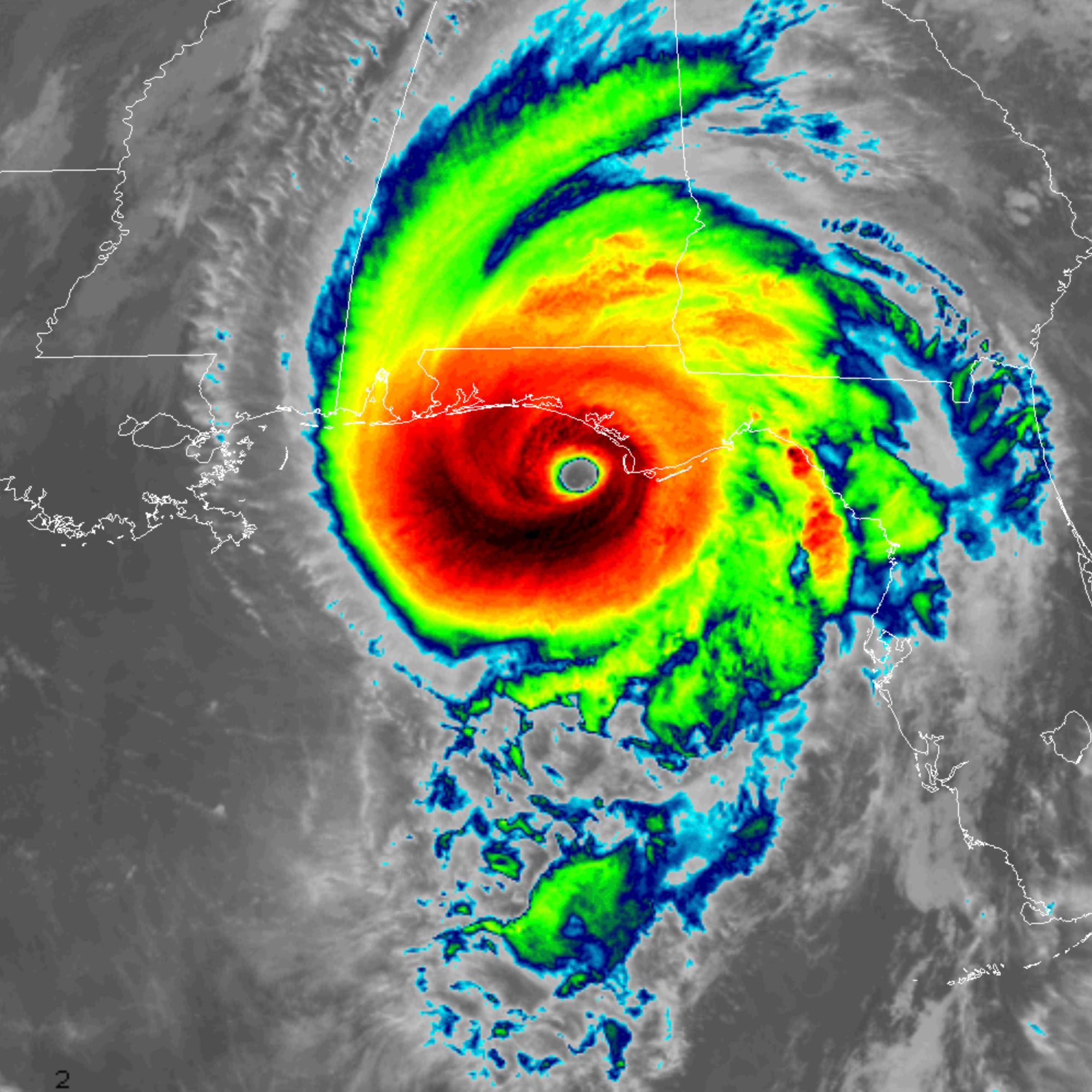Forecast Accuracy and Methods

Hurricane forecasting has evolved significantly over the years, with the advent of sophisticated technology and advancements in weather prediction models. These methods include historical data analysis and numerical weather prediction models, which provide valuable insights into hurricane formation, movement, and intensity.
Data Analysis
Historical data analysis involves studying past hurricane tracks, intensities, and other characteristics to identify patterns and trends. This information is used to develop statistical models that can predict the likelihood of hurricane formation and their potential paths. While this method is relatively simple and inexpensive, its accuracy is limited by the availability and quality of historical data.
Numerical Weather Prediction Models
Numerical weather prediction (NWP) models are computer programs that solve complex equations governing atmospheric processes. These models use real-time data from weather stations, satellites, and other sources to simulate the atmosphere’s behavior and predict future weather conditions. NWP models are more sophisticated and can provide detailed forecasts of hurricane intensity, movement, and landfall location. However, they are computationally expensive and require vast amounts of data, which can limit their accuracy.
Challenges and Limitations
Despite advancements in forecasting methods, hurricane forecasting remains a challenging task due to the complex and unpredictable nature of these storms. Factors such as ocean temperature, wind shear, and atmospheric instability can influence hurricane behavior, making it difficult to accurately predict their intensity and path. Additionally, the chaotic nature of the atmosphere can lead to sudden and unexpected changes in hurricane development, making long-range forecasts particularly challenging.
Hurricane Impacts and Preparedness: Hurricane Forecast

Hurricanes, powerful tropical cyclones, pose significant threats to coastal communities. Their destructive impacts include:
Storm Surge
Storm surge, an abnormally high rise in seawater, is the most catastrophic hazard associated with hurricanes. It can cause extensive flooding, inundating coastal areas and leading to severe damage to infrastructure and property.
Flooding
Hurricanes often bring torrential rains, causing widespread flooding. Inland areas can experience flash floods, while coastal regions face the combined threat of storm surge and rainfall-induced flooding.
Wind Damage, Hurricane forecast
Hurricanes unleash powerful winds that can topple trees, damage buildings, and disrupt power lines. High winds can also create flying debris, posing a hazard to life and property.
Hurricane Preparedness
Hurricane preparedness is crucial for minimizing the risks associated with these storms. Individuals should:
- Develop an evacuation plan and identify safe evacuation routes.
- Secure loose outdoor items, such as patio furniture and grills.
- Stock up on essential supplies, including non-perishable food, water, and a first-aid kit.
- Have a battery-powered radio or NOAA weather radio for updates.
- Charge electronic devices and have backup power sources.
Government Agencies and Emergency Responders
Government agencies and emergency responders play a vital role in hurricane preparedness and response. They:
- Monitor hurricane forecasts and issue warnings.
- Coordinate evacuation efforts and provide shelter.
- Provide emergency medical services and search and rescue operations.
- Assist with damage assessment and recovery efforts.
The hurricane forecast is a vital tool for preparing for the impact of a storm. The beryl track is one of the most important pieces of information in the forecast, as it shows the predicted path of the storm. This information can help people decide whether to evacuate, and where to go if they do.
The hurricane forecast is updated regularly, so it is important to stay informed about the latest information.
Hurricane forecasts help us prepare for these powerful storms, and the national hurricane center is a vital resource for up-to-date information. By providing accurate forecasts, they enable us to make informed decisions about our safety and property.